The paper “Designing Semantic APIs for Open Government Data” (Authors: Auriol Degbelo, Sergio Trilles, Christian Kray, Devanjan
Bhattacharya, Nicholas Schiestel, Jonas Wissing and Carlos Granell) has been accepted for publication in the eJournal of eDemocracy and Open Government.
Abstract: Many countries currently maintain a national data catalog, which provides access to the available datasets – sometimes via an Application Programming Interface (API). These APIs play a crucial role in realizing the benefits of open data as they are the means by which data is discovered and accessed by applications that make use of it. This article proposes semantic APIs as a way of improving access to open data. A semantic API helps to retrieve datasets according to their type (e.g., sensor, climate, finance), and facilitates reasoning about and learning from data. The article examines categories of open datasets from 40 European open data catalogs to gather some insights into types of datasets which should be considered while building semantic APIs for open government data. The results show that the probability of inter-country agreement between open data catalogs is less than 30 percent, and that few categories stand out as candidates for a transnational semantic API. They stress the need for coordination – at the local, regional, and national level – between data providers of Germany, France, Spain, and the United Kingdom.
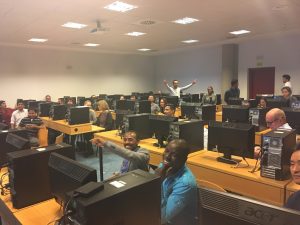
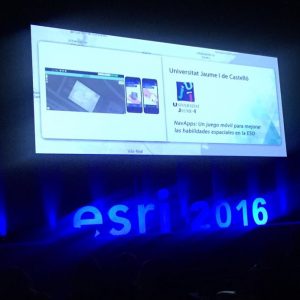
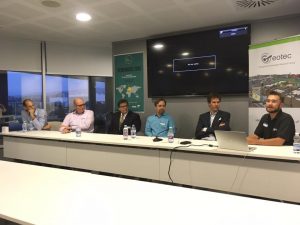
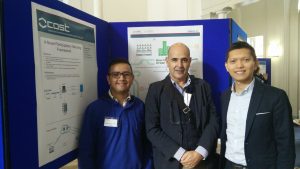
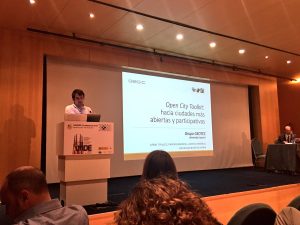
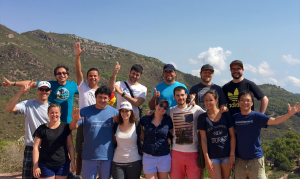
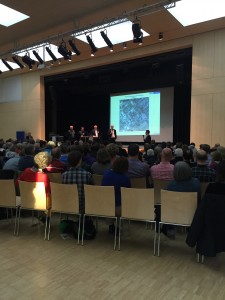 On April 7th, 2016, GEO-C in Muenster attended the public event of Oxford Barracks which was held by the city council of Muenster in Stein Gymnasium at Münster, Germany. This event was a dialogue between urban planners and citizens about an urban design for the zoning change of Oxford Barracks. Around 300 citizens attended this event.Lord Mayor Markus Lewe also attended the event.
On April 7th, 2016, GEO-C in Muenster attended the public event of Oxford Barracks which was held by the city council of Muenster in Stein Gymnasium at Münster, Germany. This event was a dialogue between urban planners and citizens about an urban design for the zoning change of Oxford Barracks. Around 300 citizens attended this event.Lord Mayor Markus Lewe also attended the event.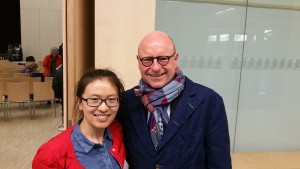 this survey was to collect background information of public participation in urban planning process. As a result 100 questionnaires and 30 email addresses from attendees were collected. We got the final survey results by analyzing questionnaires and sent them to citizens who gave their email addresses. Here is a short summary of the main survey facts:
this survey was to collect background information of public participation in urban planning process. As a result 100 questionnaires and 30 email addresses from attendees were collected. We got the final survey results by analyzing questionnaires and sent them to citizens who gave their email addresses. Here is a short summary of the main survey facts: